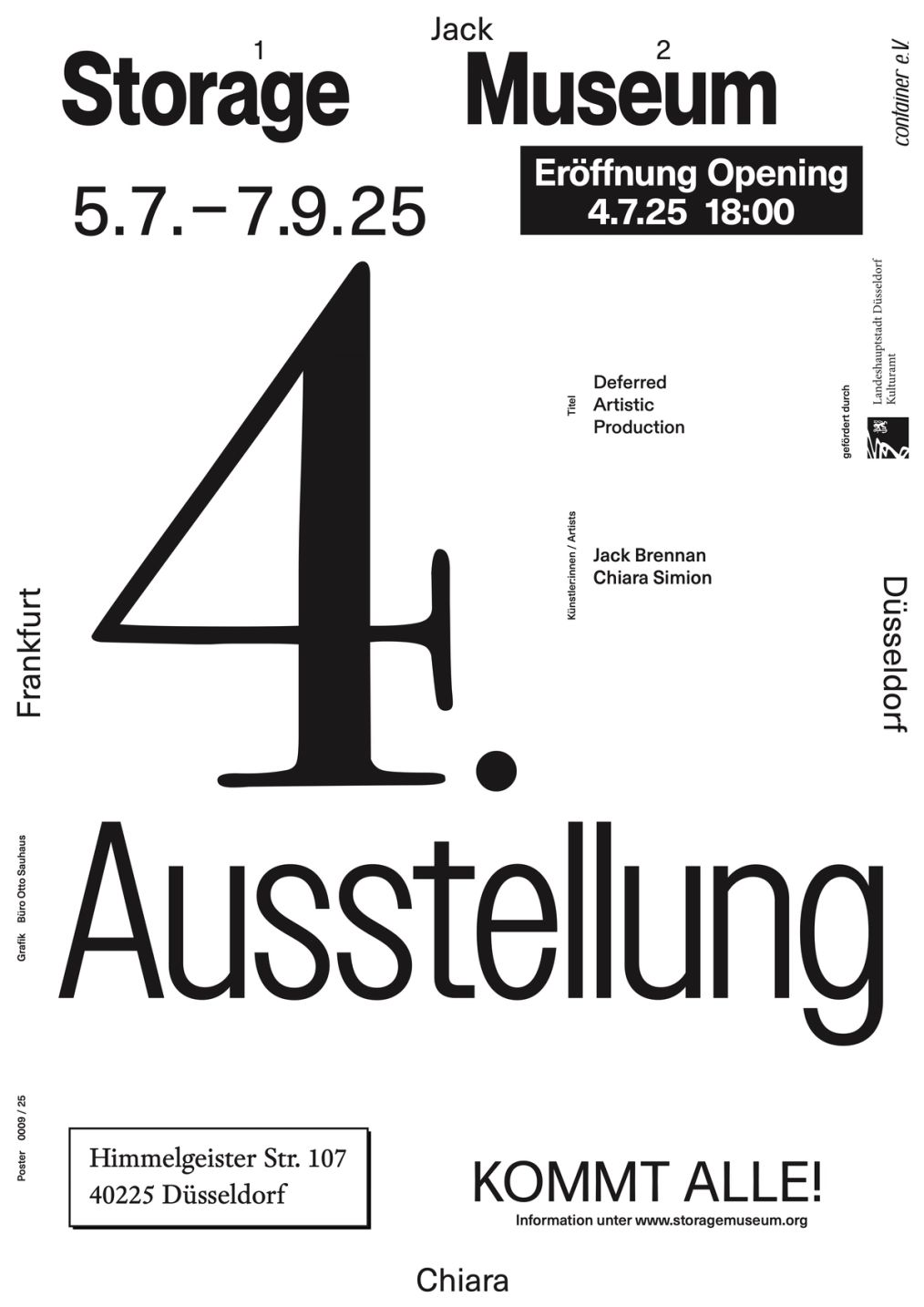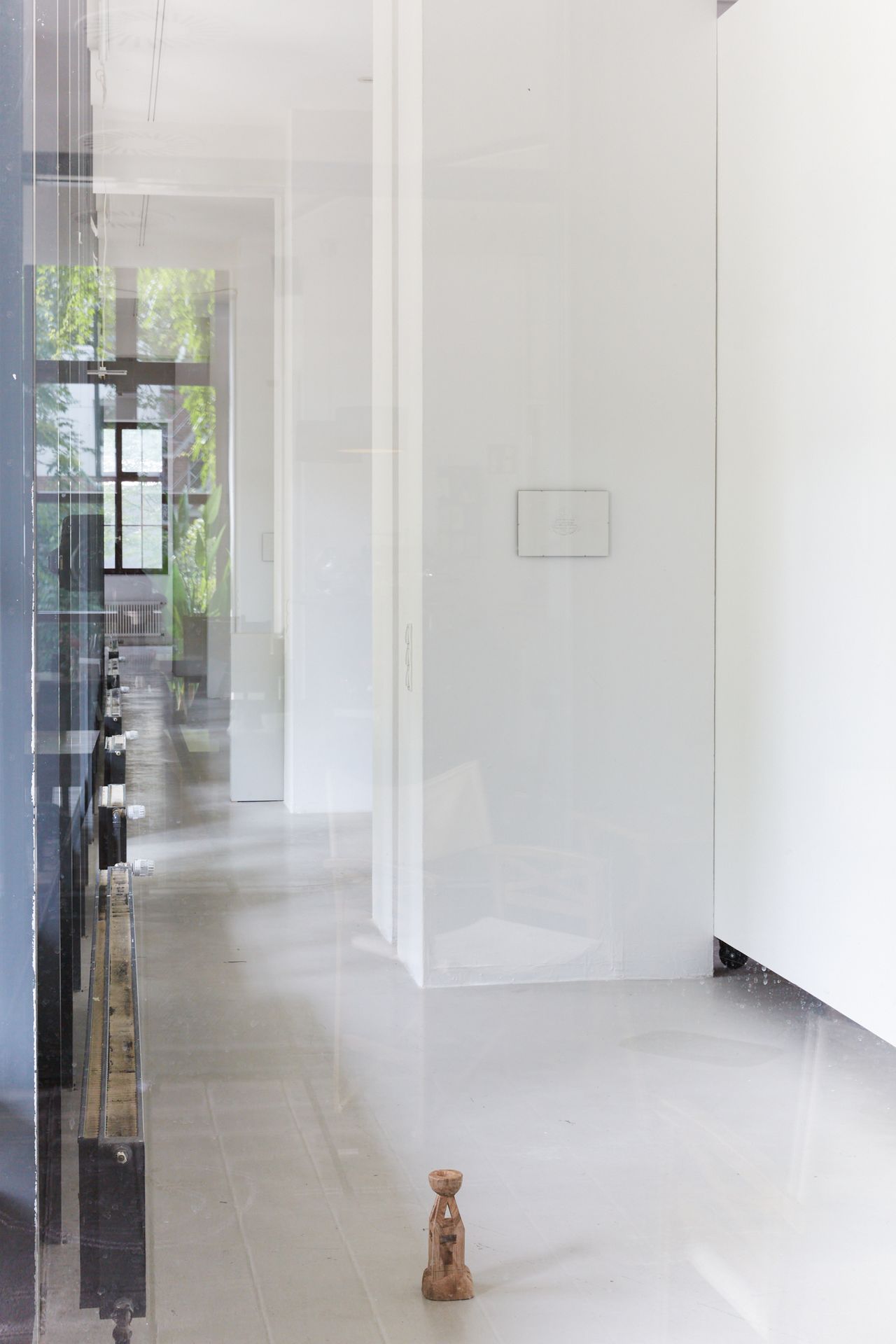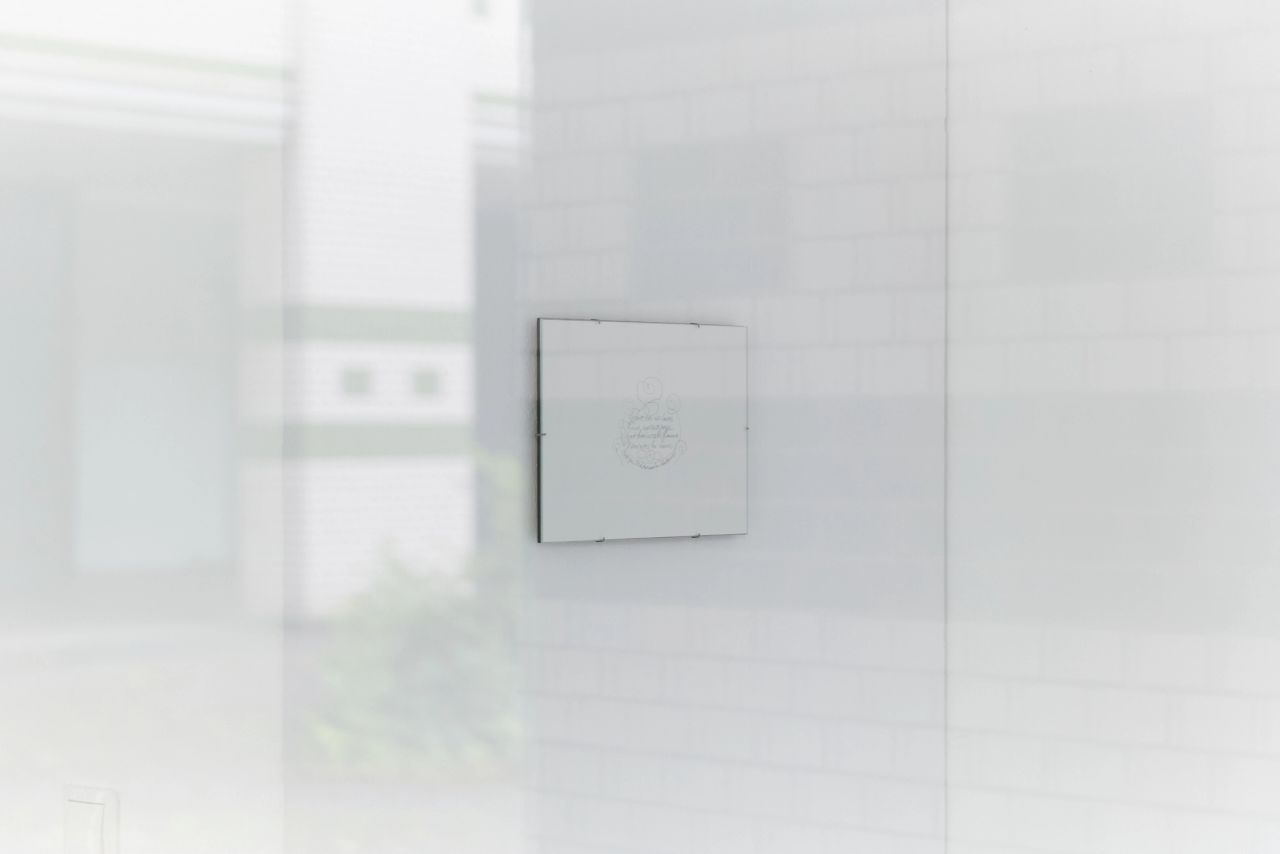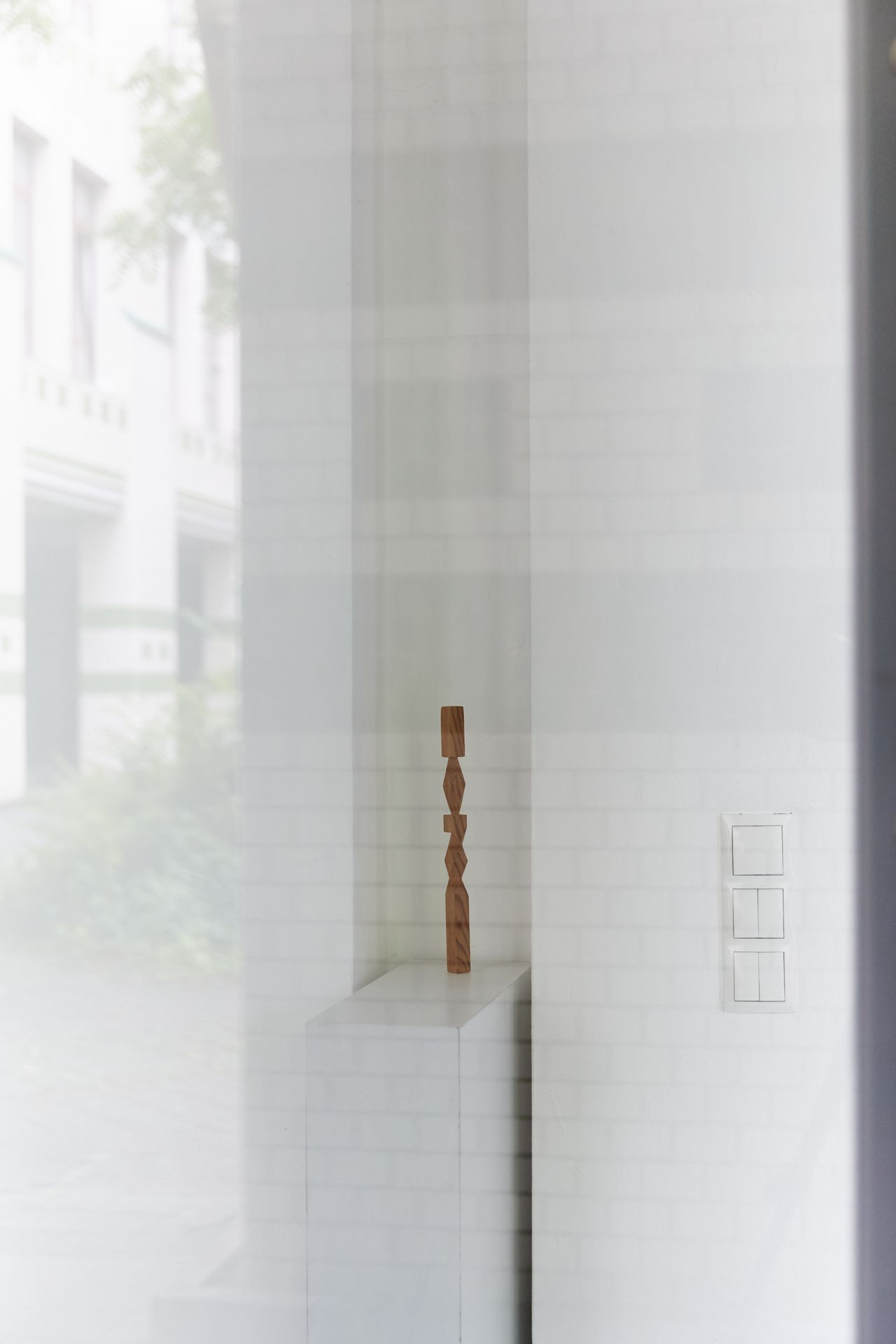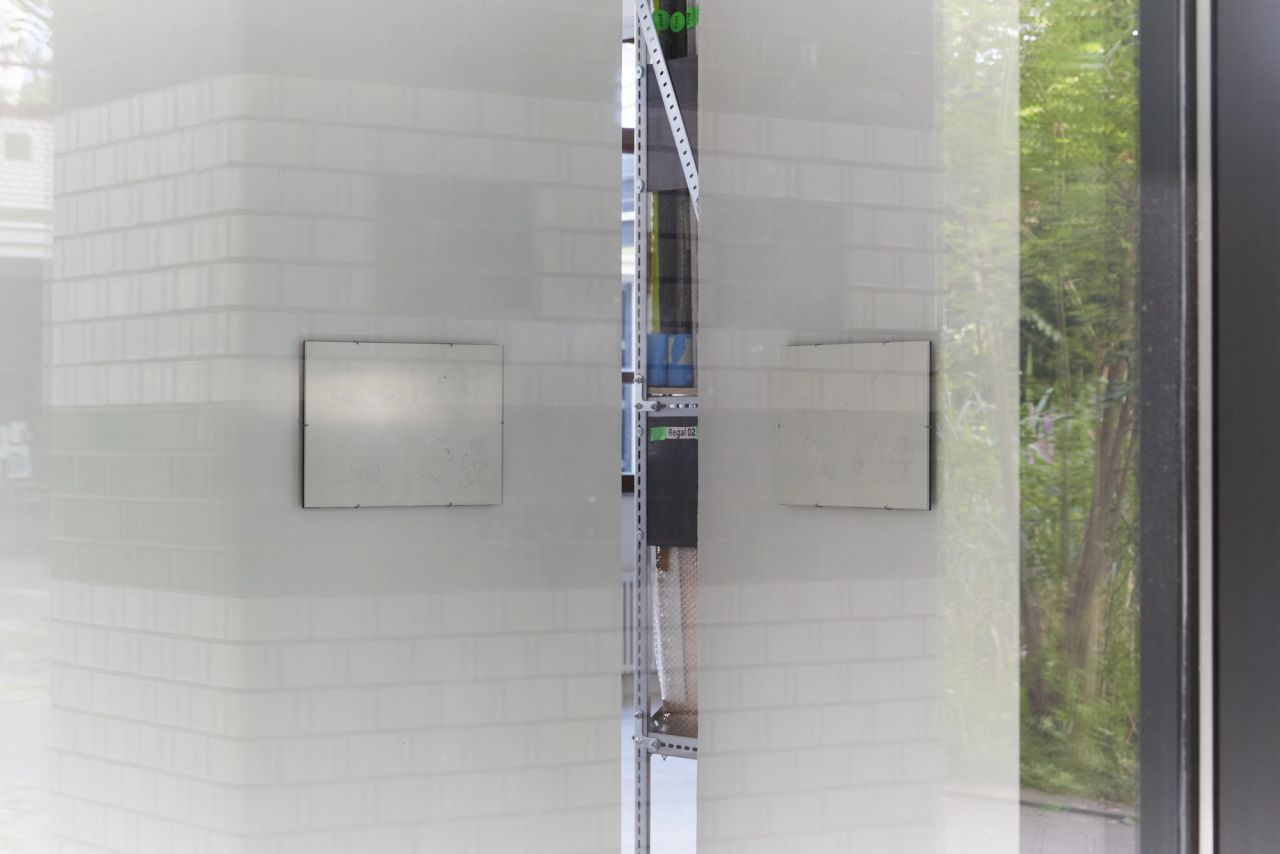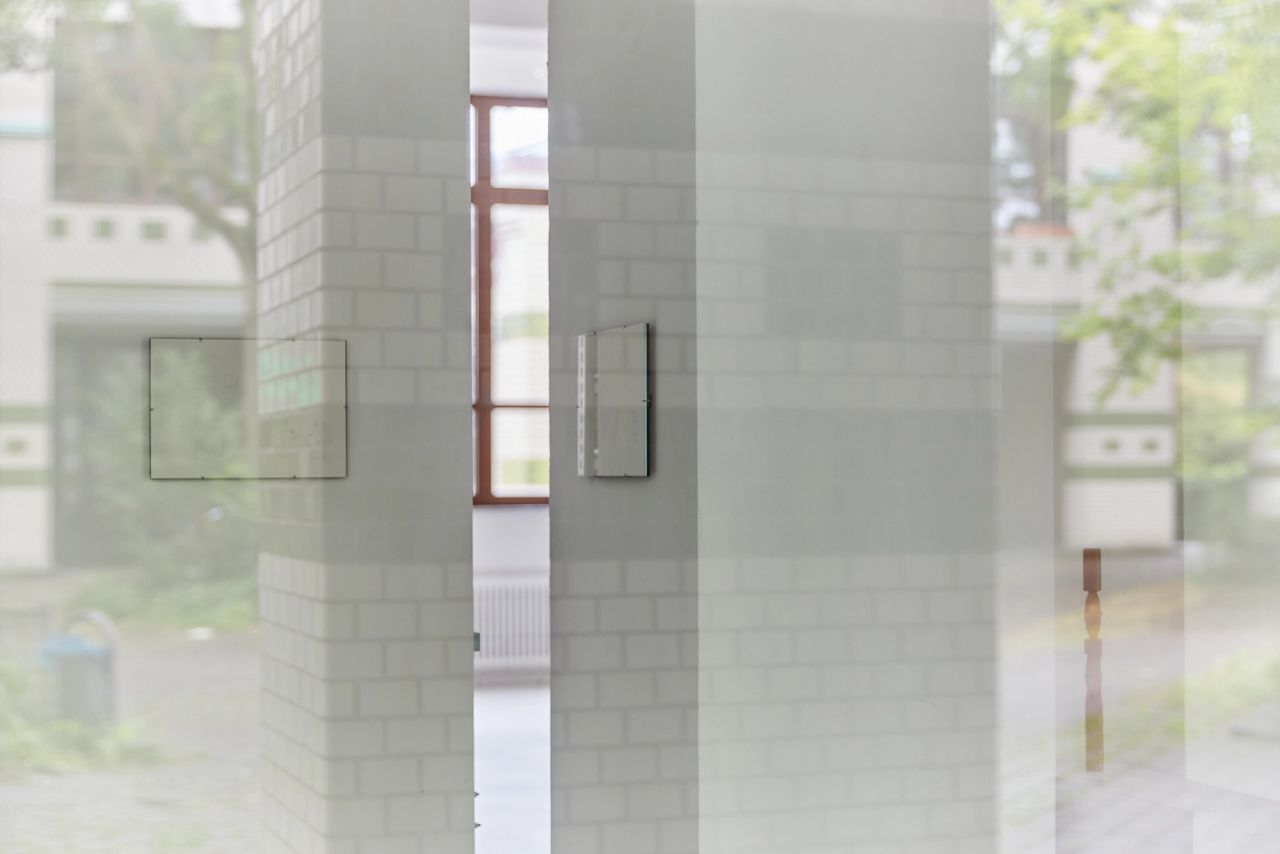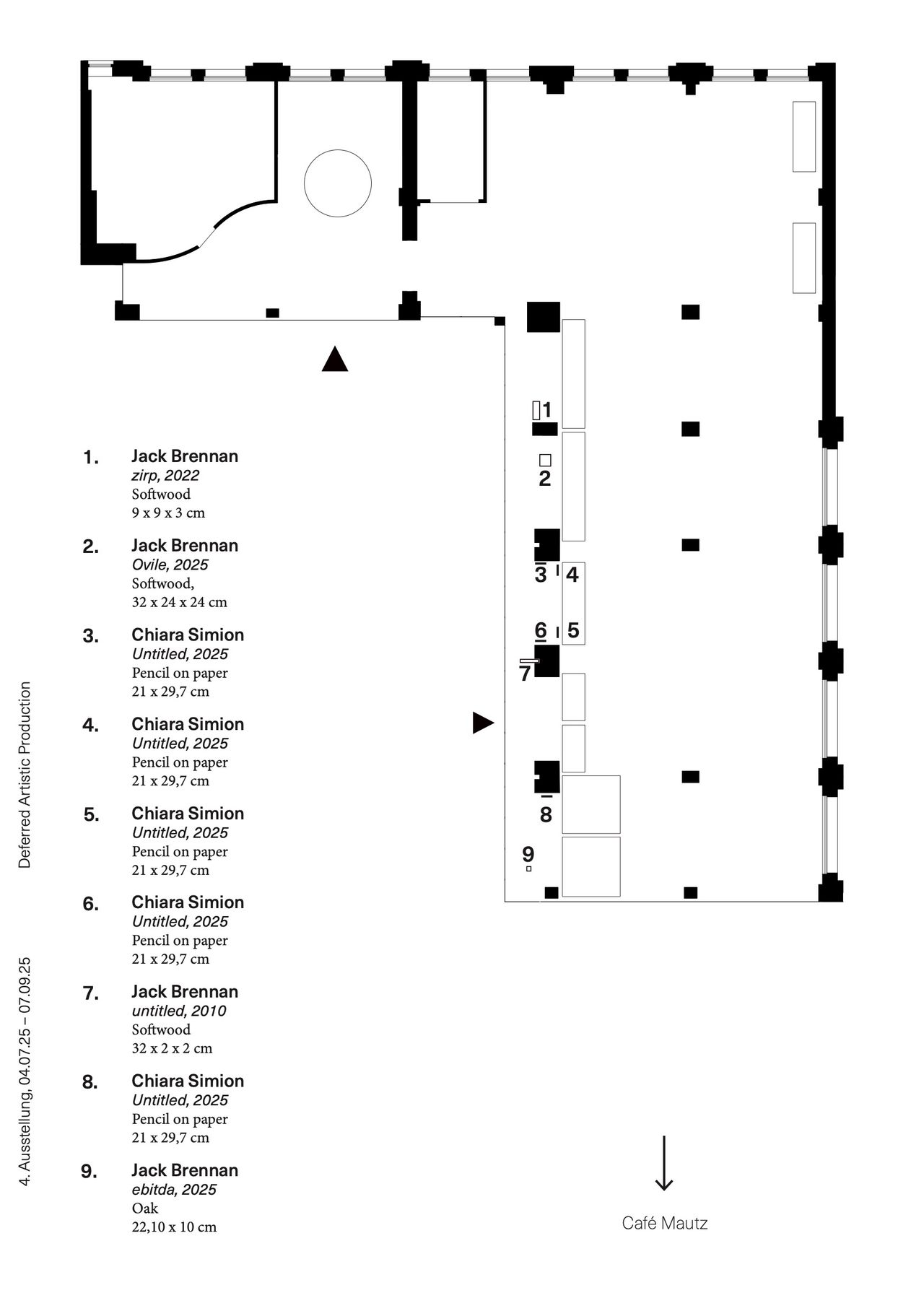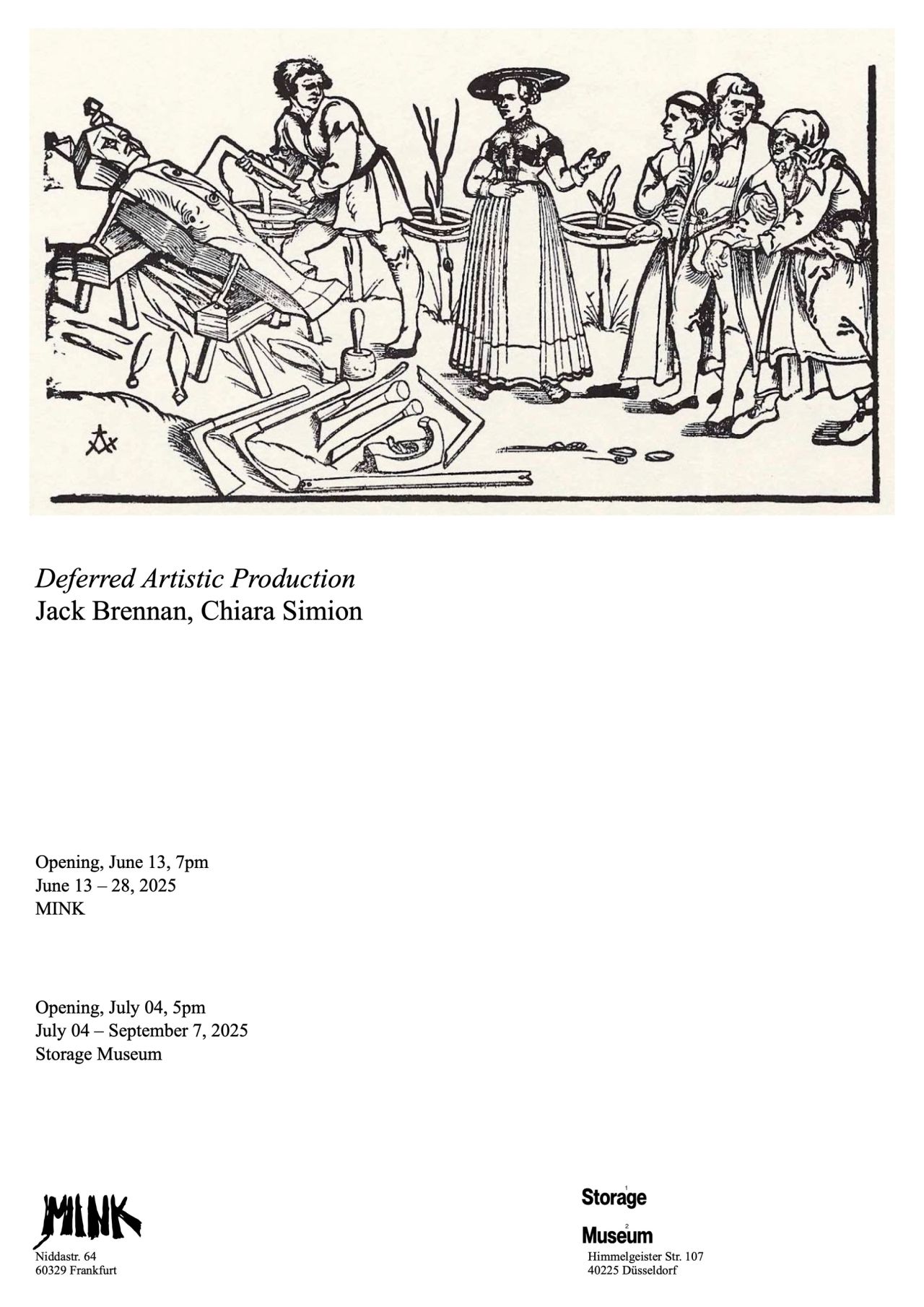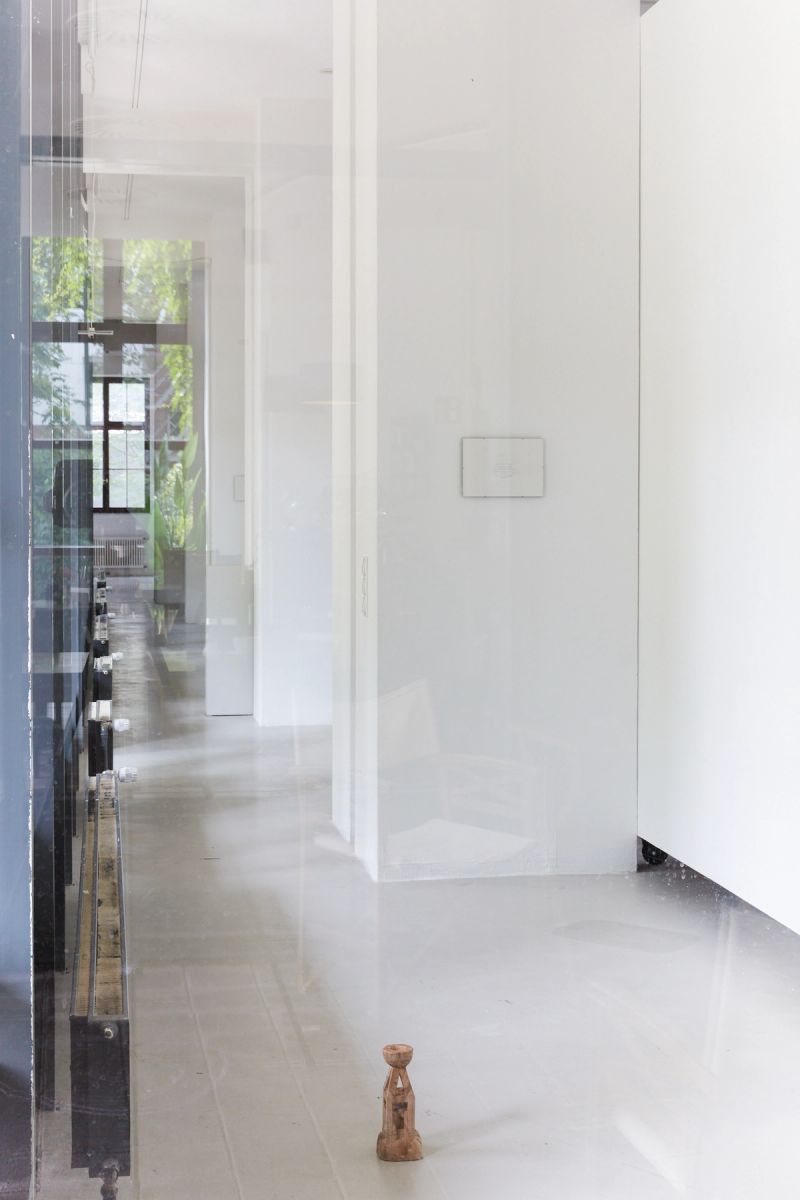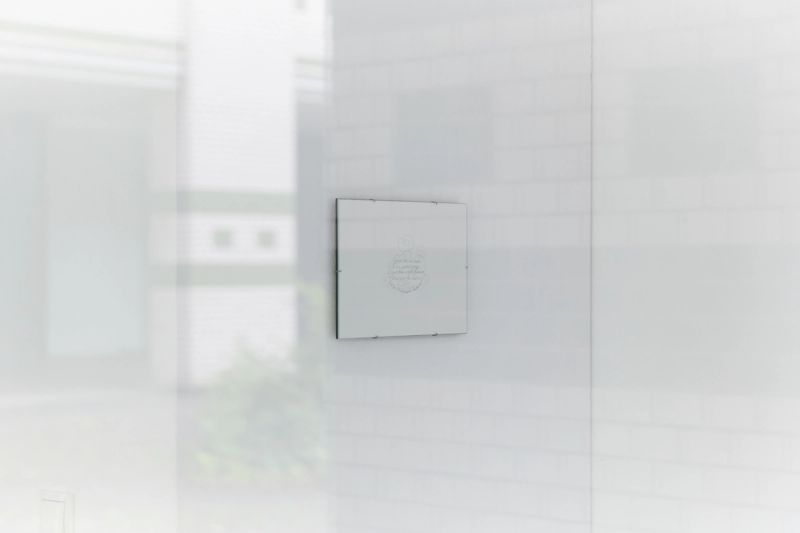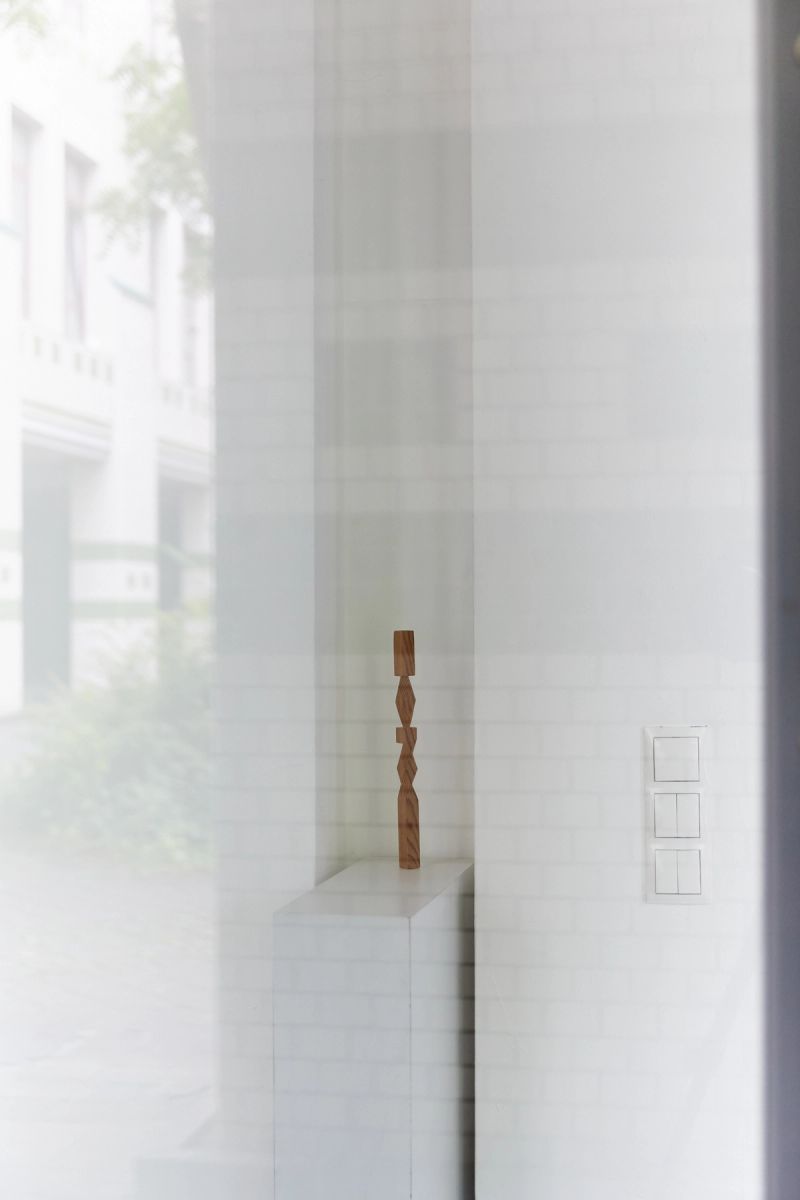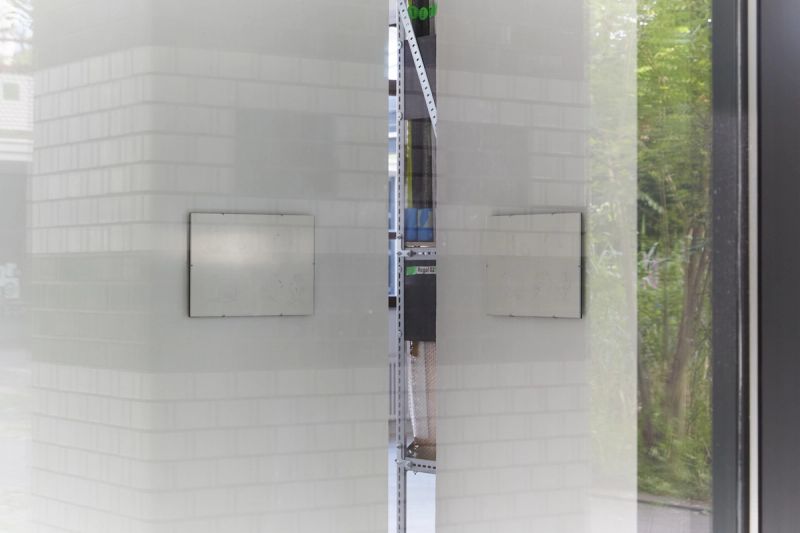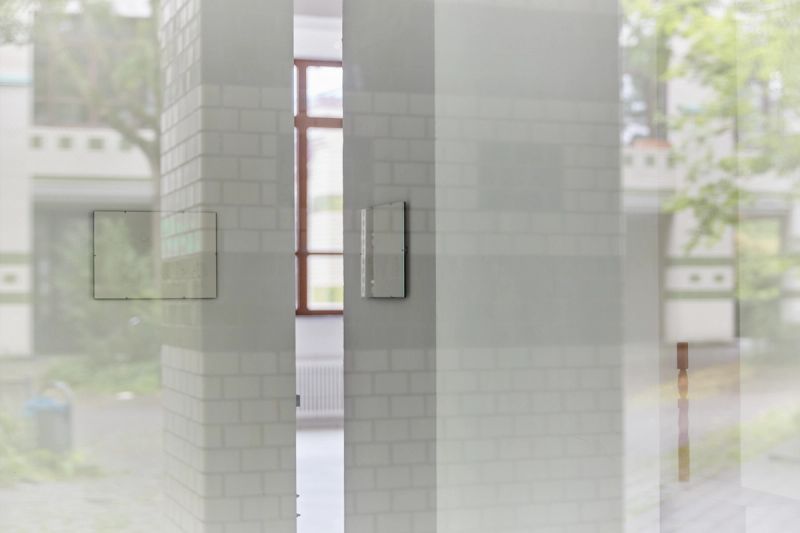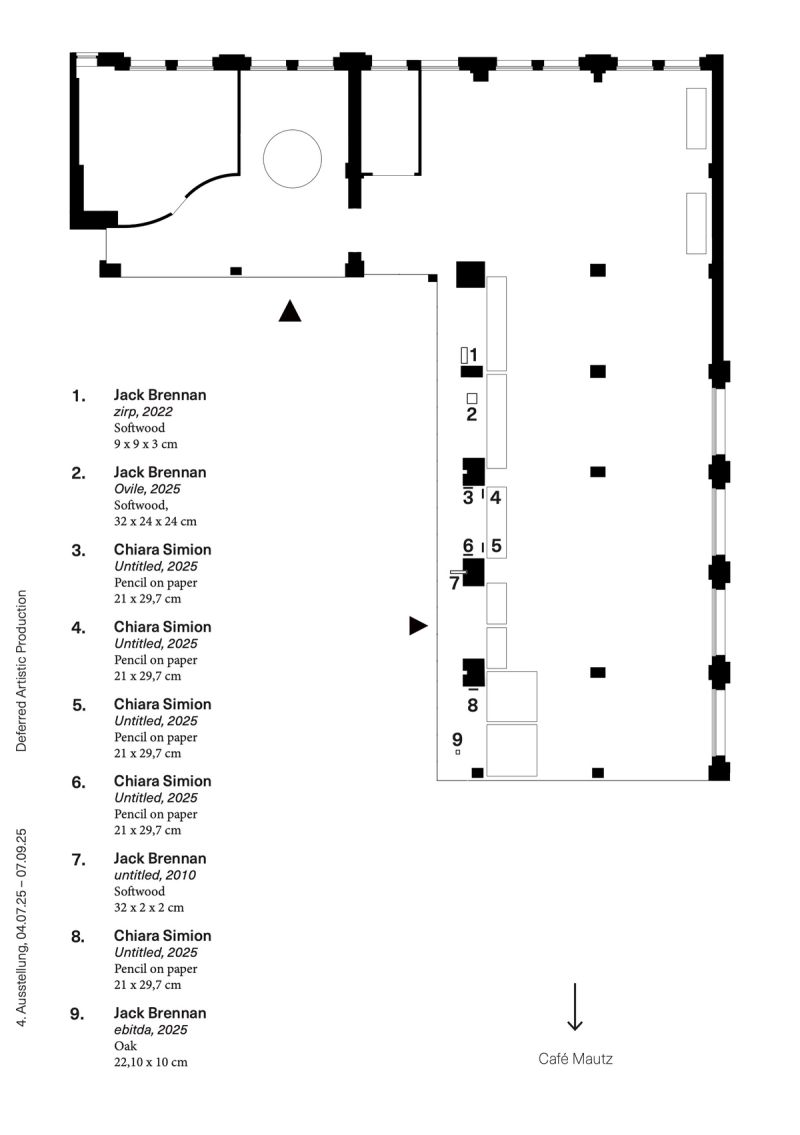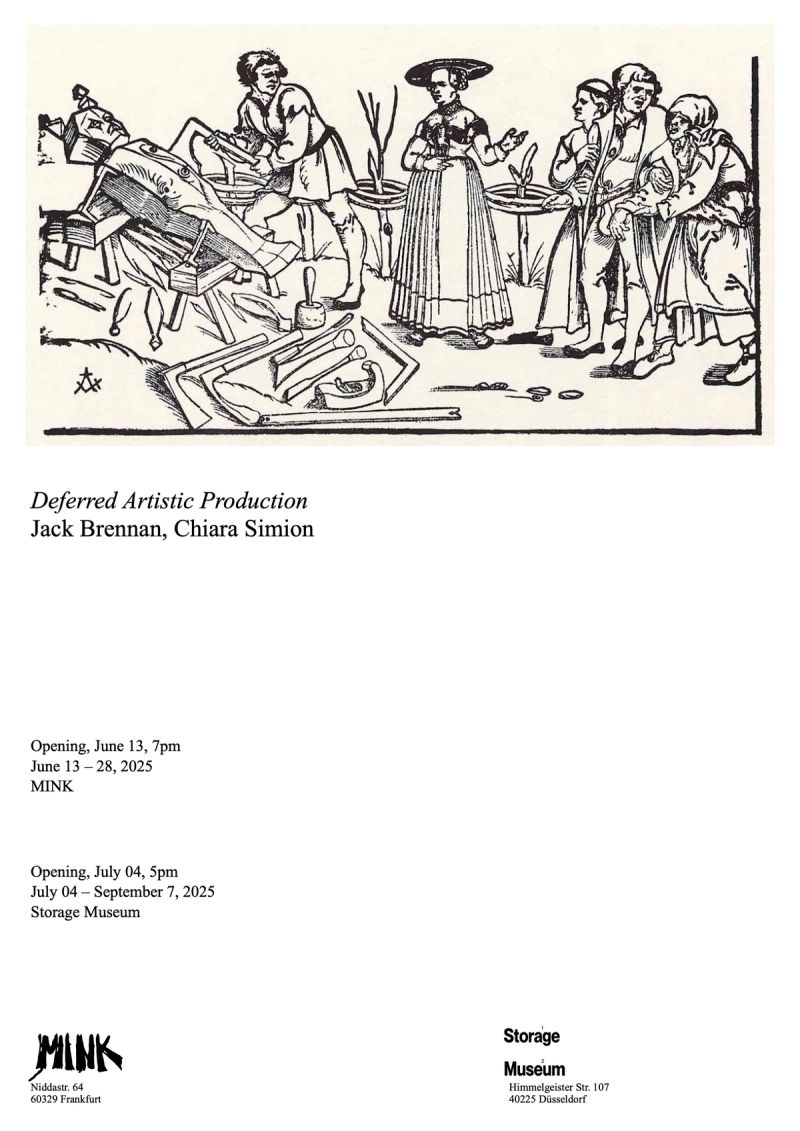Format
Titel
Laufzeit
JACK BRENNAN, CHIARA SIMION Q. Do you feel that the moment of truth on automation is coming a lot sooner than most
people realize?
A. I have always considered that the substitution of the internal combustion engine for
automation marked a very important and exciting milestone in the progress of mankind.
Q. But what is the truth about automation?
A. You don’t have to think a lot.
Q. How do you feel about the 35,000 or more U.S. workers who are losing their jobs to
machines?
A. I don’t feel sorry for them. It will give them more time to relax.
Q. Do you feel that automation has been responsible for the nation-wide coin shortage?
A. Possibly: but I hope for the coin extinction.
Q. What does the computer mean to you?
A. The computer is just another machine.
Q. Do you feel that the alternative to automation is economic suicide?
A. Absolutely not.
Q. You have said many times in the past that you, yourself, would like to be a machine. Does
this mean that you sense what you are doing and are able to take over operations to correct
any mistakes or initiate the next step?
A. Yes. The power of man has grown in every sphere except over himself. Never in the field
of action have events seemed so harshly to dwarf personalities. Rarely in history have brutal
facts so dominated thought or has such a widespread individual virtue found so dim a
collective focus. The fearful question confronts us, have our problems got beyond our
control? Undoubtedly, we are passing through a phase where this may be so: but this will
change with the rise of automation, because mankind will understand eras and how they really
open and close.
Q. Purists speak of cybernation, in which a master machine is used to run other machines, as
in a factory. Using this definition would you then say that you are a Purist?
A. Not yet.
Q. Would you like to replace human effort?
A. Yes.
Q. Why?
A. Because human effort is too hard.
Q. Close-tolerance “silk-screening” involves highly skilled technicians. What would happen,
let’s say, if you had the chance to acquire taped programmed machines with digital signals to
guide the intricate silk-screen printing which is ordinarily done by me?
A. Everything would be done with more efficiency.
Q. Would you say that I have a property right to my job? I mean I own my job for life?
A. No.
Q. If my job vanishes into a technological limbo, won’t another open up somewhere in this
“factory”?A. Possibly. It’s all a matter of doing something else.
Q. Will I make more?
A. Yes.
Q. How will you meet the challenge of automation?
A. By becoming part of it.
Q. What will you do with all this leisure time created for you by automation?
A. Sit back and relax.
Q. Will you devote yourself to life-enhancing hobbies?
A. No.
Q. What does human judgment mean to you?
A. Human judgment doesn’t mean anything to me. Human judgment cannot exist in the world
of automation. “Problems” must be “solved.” Without judgment there can be no problems.
Q. Are you patient with little solutions and try to get as many as you can so they’ll add up to
something?
A. What I try to do is to avoid solving problems. Problems are too hard and too many. I don’t
think accumulating solutions really add up to something. They only create more problems that
must be solved.
Q. Do you, then, feel that we’re moving into a period, most probably a permanent period,
where the main characteristic of the world will be change?
A. Change is the same without being different. We live in a world where we do not notice
change: therefore what does change only enhances itself a little more each day.
Q. Dissect the meaning of automation.
A. Automation is a way of making things easy. Automation just gives you something to do. Andy Warhol on Automation: An Interview with Gerard Malanga
Gerard Malanga 1964 Chelsea 18, 1968 This “interview”, written entirely by Gerard Malanga with Andy Warhol’s knowledge and consent, was done circa 1964. Malanga made up both the questions and answers based on having researched various industrial processes of automation, after Warhol’s famous quote “I think everybody should be a machine.” In Kooperation mit Mink, Frankfurt
